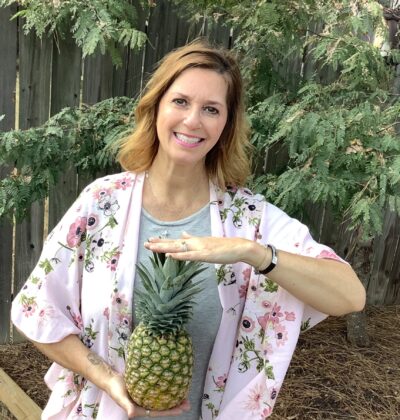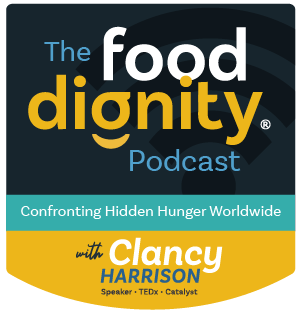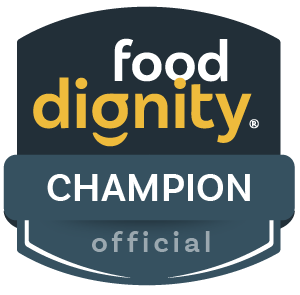Episode 9: Why are Obesity and Diabetes Linked to Hunger?

About the Podcast
In this episode, registered dietitian and public health expert Jennifer Reed shares how hunger, poverty, and chronic disease coexist. She gives wise counsel for those of us who work in the medical field and treat people with these issues.
About Jennifer Reed
Jennifer Reed was a nutritionist for the Supplemental Nutrition Assistance Program for Women Infants and Children (WIC) before earning her Master’s degree. She then went to work for the University of Missouri Extension as a Nutrition Specialist and Expanded Food and Nutrition Education Program (EFNEP) coordinator for the 6 Boot Heel counties in Missouri. Mrs. Reed was also a monthly nutrition writer for the Dunklin County Newspaper. She moved onto support the Isanti Sioux Tribe in North Central Nebraska as a nutritionist for the Special Diabetes Program for Indians (SDPI). During her time on the Reservation, Mrs. Reed provided nutrition oversite for the Head Start program and the school. Mrs. Reed also wrote a grant with the CDC and along with 12 other Tribes across the country began to work on ecological and sustainable ways to reduce obesity and diabetes amongst Native Americans. Mrs. Reed joined forces with the Northern Ponca Tribe of Nebraska’s to provide a grant to help with Heart Health as it related to other chronic disease conditions like obesity and diabetes. She helped to update an old cafeteria where she would provide weekly nutrition and food demos for the tribes Circle of Youth and Circle of Elders. Mrs. Reed was then hired at Le Bonheur Children’s Hospital in Memphis, focusing on the diabetes outpatient clinic, before taking over as the manger and educator at the Baptist Medical Group’s diabetes and pre-diabetes outpatient clinic. Here, Mrs. Reed advances the care of patients who struggle with food insecurity and has collaborated with the Mid-South Food Bank to provide boxes of food for any patient who has Medicare, Medicaid or self-pay. Mrs. Reed has also been working to provide better blood sugar control and treatment for patients who are struggling and going through cancer treatment.
Discussion Takeaways
- Hunger and obesity can exist in the same person.
- The number one goal of a person experiencing hunger is to eat food.
- Find a person’s “whys” instead of the “how much” and the “whats”.
- Treating people with empathy, compassion and the willingness to listen without personal perceptions, creates trust and respect.
- Success is the ability to open up to other people’s stories and shut down personal perceptions.
- As a health professional or community worker, you have to set your knowledge aside and go shop at your patient’s grocery store.
- Nutrition education and meal plan prescriptions will never compete with the food associated with love.
- An expert in medicine or nutrition is not an expert in someone’s life.
- Don’t assume people can eat the way you do.
- Obesity and diabetes is a thousand piece puzzle. There isn’t one fix.
- It is time to redefine normal and stop blaming and shaming.
#1 tip to improve access to healthy food
People in survival mode feel like they’ll never dig themselves out of the hole. They’re just trying to get through the day with just the right amount of resources. People can barely plan for the future, let alone plan to eat healthy food in the future.

Each week on the Food Dignity® Podcast, the Food Dignity® Movement’s Clancy Harrison hosts a wide variety of hunger experts and other people making changes on the frontlines. Join us as we dive deep into conversations that will change the way you think about food insecurity.
Listen to our trailer!
Want to learn more about how we might work together?

Fight hidden hunger by becoming a
Food Dignity® Champion and take the HIDDEN HUNGER PLEDGE >


